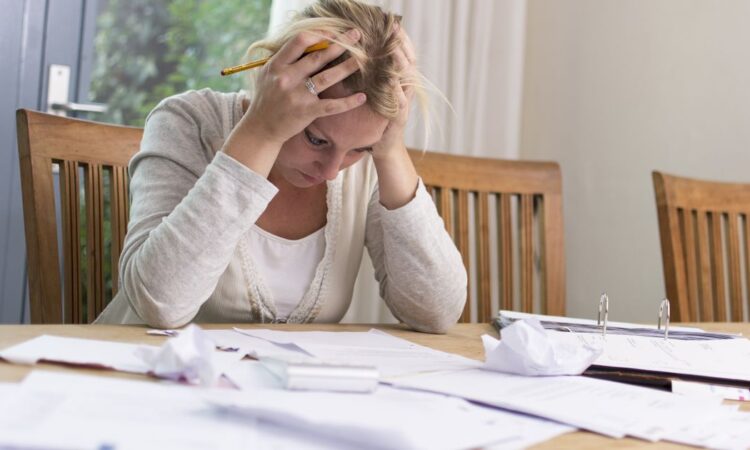
The Department for Work and Pensions (DWP) has revealed that a £300 payment for those on disability benefits will get a lump sum. The cash – which comes on June 20 – is aimed at helping with rising costs.
The payment is in conjunction with the separate £301 cost of living payment that was paid earlier this year. But they aren’t the only schemes that aim to help ease the cost of living crisis.
Thankfully, there are a number of packages that are on the way for households feeling the pinch. Despite the expiration of Rishi Sunak ’s Energy Bill Support Scheme at the end of March, millions of households on low incomes will receive further cost of living support totalling £1,350.
Eight million eligible means-tested benefits claimants, including people on universal credit, pension credit and tax credits, will receive £900 in instalments from this spring. There will also be a separate £150 payment for more than six million people.
And extra £300 for over eight million pensioners will also be paid in winter.
Here are the payment windows that have been announced so far, with more precise dates expected later in the year:
- £301 – First cost of living payment – already issued between 25 April and 17 May (or 2 to 9 May for people on tax credits but no other low-income benefits)
- £150 – Disability payment – during summer 2023
- £300 – Second cost of living payment – during autumn 2023
- £300 – Pensioner payment – during winter 2023/4
- £299 – Third cost of living payment – during spring 2024
The usual support and pension payments will continue as normal and includes universal credit, state pension credit, disability living allowance, Personal independence payment, attendance allowance, carer’s allowance, employment support allowance, income support and jobseeker’s allowance.
Energy Price Guarantee
The Energy Price Guarantee, which capped the price of electricity and gas bills, was particularly prevalent in the winter months. Now, we’re facing hotter temperatures, we’re less likely to turn our central heating on, but it’s still good to know where we stand on bills.
The price guarantee was extended until June, but as it has now expired, consumer will be paying the Energy Price Cap under Ofgem. They have announced that this will be £2,074 from July, which is a huge fall from £3,280 that it was set at earlier this year.
According to Ofgem, the level is based on typical use of an average household on their supplier’s standard default tariff. They have reiterated that it is a cap on the energy unit price and not on total bills, meaning the decrease affects wholesale prices before it is supplied to households.
Cornwall Insight predicts that July’s decrease will be followed by another drop in October, where the average bill is predicted to be £1,976 annually. However, this is then set to rise in the following January, to £2,045 and Cornwall does not expect it will return to pre-pandemic levels before the end of the decade, with other geopolitical incidents, such as the war in Ukraine, having a detrimental impact.






